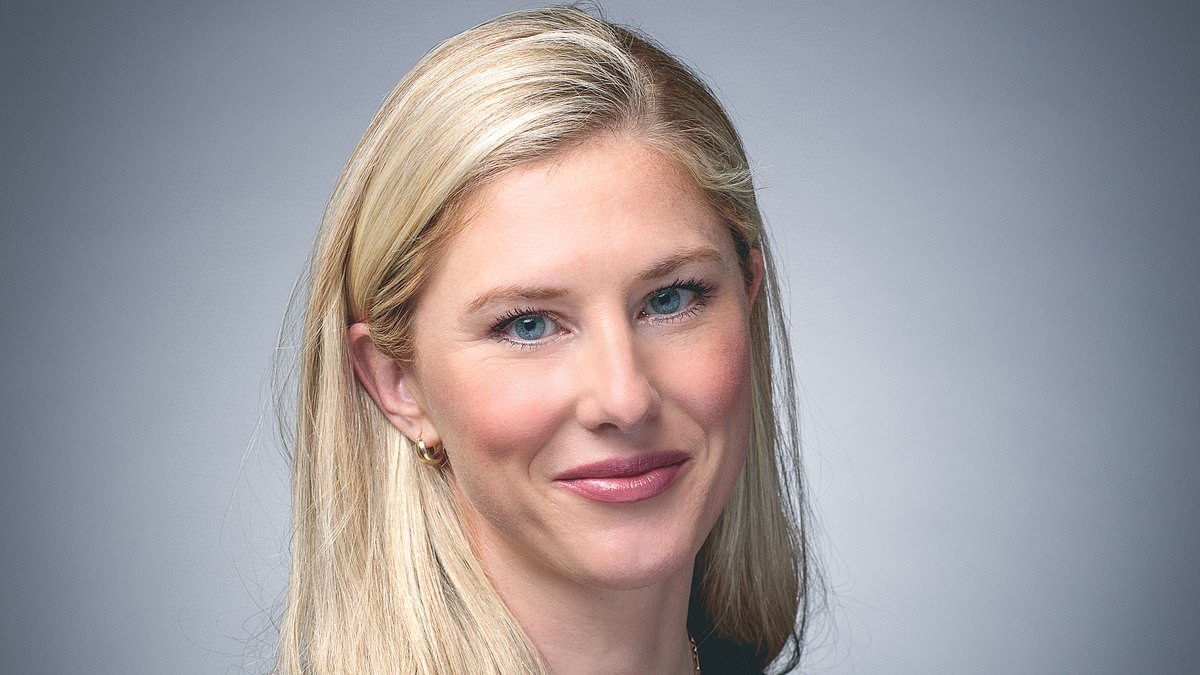Bingo fosters community spirit and Labour shouldn't undermine it, says DOMINIC MANSOUR

By DOMINIC MANSOUR, CHIEF EXECUTIVE, BUZZ BINGO
Updated:
Walk into a bingo club on a Friday night and you’ll find something you rarely see elsewhere in Britain: grandparents, parents, nieces and nephews sitting side by side and strangers leaving as friends.
Across Britain, community spaces are closing at an alarming rate. From pubs to post offices, the places where people meet and talk are disappearing, yet one remains quietly thriving: the bingo club.
Every week, hundreds of thousands of people walk through our doors to connect, chat, and play. For some, it’s a night out with friends; for others, a vital part of feeling part of something bigger.
These are more than entertainment venues; they are part of Britain’s social and economic fabric. Our recent research found that over 80% of players feel a genuine sense of community in their local club, and 60% say bingo is vital to their local area.
Bingo’s value lies far beyond the numbers on the cards. It is a low risk, safe, and communal form of entertainment that supports the communities it serves.
Sir Keir Starmer calling the numbers at Buzz Bingo during a 2021 visit to Ipswich, Suffolk
But the truth is, our sector is under strain. Rising costs, food inflation, energy bills and years of pandemic recovery have taken their toll. Since 2019, over a third of bingo clubs across the UK have closed.
The potential rises the government is reviewing across all types of gambling would only make things worse. When a bingo club closes, not only does a local employer disappear, but the community loses an important hub, that has a role in tackling loneliness.
It offers older and more vulnerable people somewhere to belong, younger generations a place to socialise safely, and local economies a steady source of jobs and footfall.
It’s one of the few genuinely intergenerational activities left, and in towns where many pubs, libraries and community centres have disappeared, that matters.
The real cost of higher taxes isn’t just financial; it’s social, with lost jobs, shuttered clubs, and fewer safe spaces for people to connect.
Across our 79 clubs, more than 2,500 colleagues welcome nearly five million people every year. Every pound of profit from both our retail and online business is reinvested here in the UK, refurbishing clubs, creating jobs and supporting local suppliers.
We’re investing more than £50 million over a three-year modernisation programme because we believe bingo has a long-term role to play in British life. That investment supports growth, jobs and local enterprise, the very ambitions the Chancellor has set out for a pro-growth Britain.
Taxing bingo more heavily would cut directly against that agenda and put this investment at risk.
Every refurbishment and investment ripples through the local economy, from the painter who refreshes the hall to the carpet fitter. These are the people who keep our clubs and community spaces alive.
Fair treatment for bingo isn’t about protecting a business. It’s about sustaining local economies, safeguarding jobs and protecting communities.
Affiliate links: If you take out a product This is Money may earn a commission. These deals are chosen by our editorial team, as we think they are worth highlighting. This does not affect our editorial independence. Terms and conditions apply on all offers.
This İs Money






